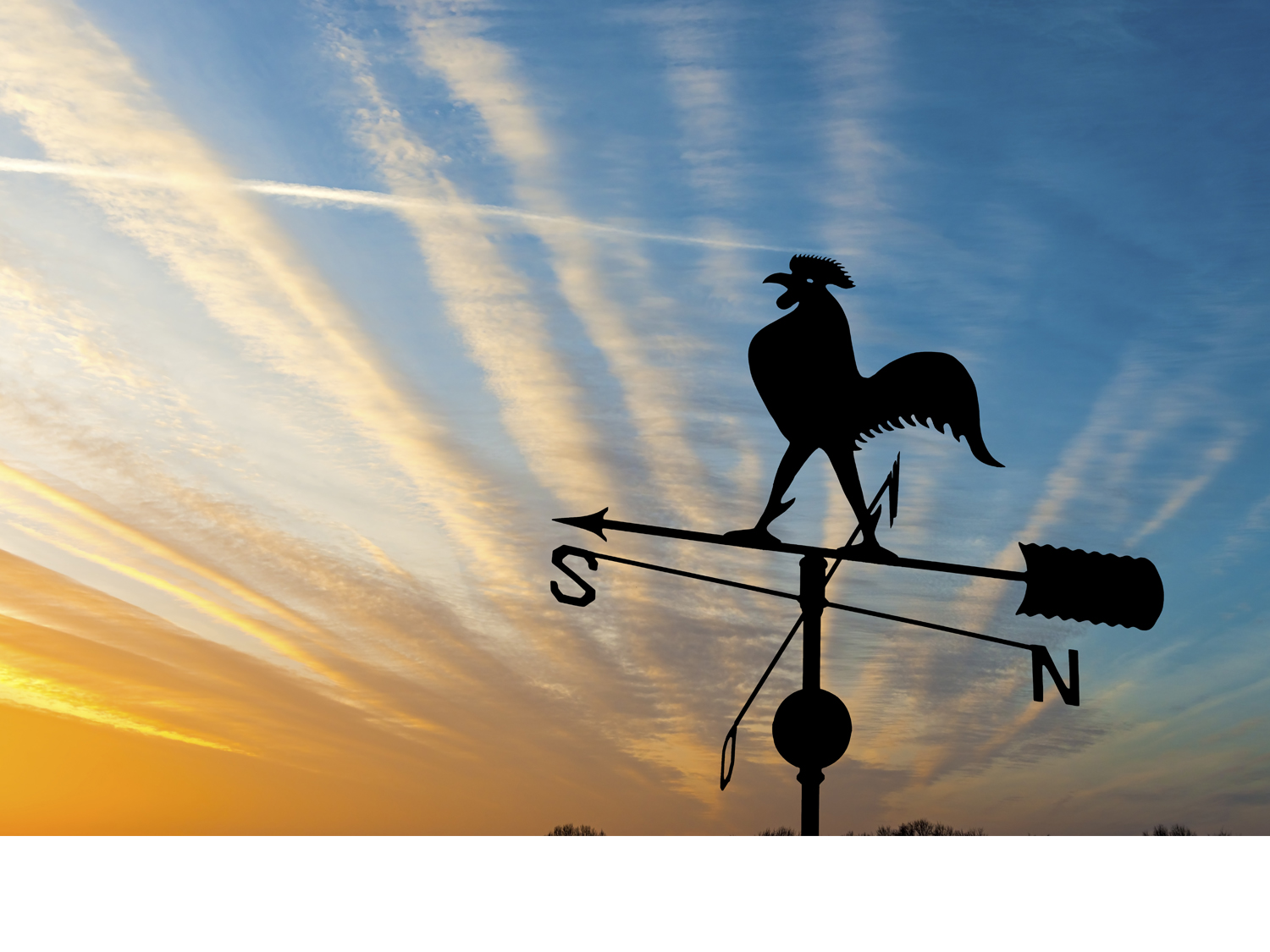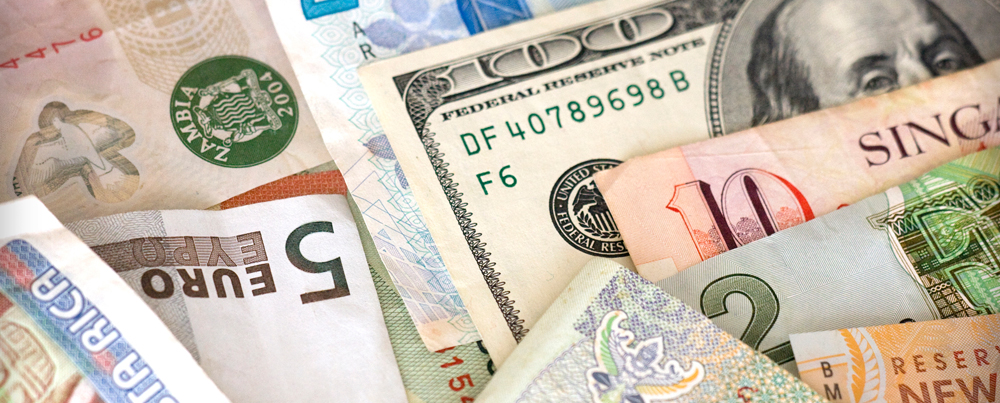Best guided tours to Yeongju, South KoreaDiscover Yeongju: Expert-Guided Tours to Unveil History, Culture, and Scenic Beauty
When do you want to go?
2024
I'm flexible
Passengers
Adults (18+)
Children (0 - 17)
Welcome to Yeongju, South Korea
Yeongju is a city in the north of South Korea, which has gained fame among travellers for a number of sites. Nestled within miles upon miles of stunning wilderness, visitors to the region are sure to fall in love with the magnificent scenery. The streets of the traditional town centre are often lined with pyramids of apples, for which the region is renowned. Easily explored on foot and by public transport and filled with great restaurants and a rich cultural identity, Yeongju guarantees visitors a good time.
The city is home to the Buseoksa Temple, a celebrated temple that represents the Avatamsaka sect of Silla Buddhism. The name of the temple means ‘floating rock’ and the site dates back to 676 AD. It was established by the famous monk, Uisang, who studied Buddhism in China for 10 years before returning to Korea to help spread Buddhism in his home country. The Buseoksa Temple served as his base whilst he did so. The main hall of the temple, Muryangsu-jeon, dates back to 1376 and is the country’s second oldest wooden structure. Set in thick, hilly woodland, the temple complex affords stunning views of the picturesque valley below.
The city of Yeongju is also the location of the Sosu Seowon Confucian School, the first Confucian academy established in Korea. It was originally named the Baekundongseowon Confucian School when it was built in 1542 for the advancement of Seongrihak (learning of human nature and natural laws). The name of the school was changed 8 years later when it became the first legislated private institute of Korea. It was the only school that survived from the abolition of Confucian schools by Heungseon Daewongun (1820-1898).
Guided tours to Yeongju, South Korea
Guided tours to Yeongju offer an immersive experience into the city's rich cultural and historical tapestry. These tours typically include visits to significant sites such as Buseoksa Temple, where travelers can explore ancient Buddhist architecture and serene landscapes, and Daeo Seowon, a well-preserved Confucian academy that provides insight into Korea's scholarly traditions. Expert guides often enhance the experience by sharing detailed narratives about the history and significance of each location, and tours may also feature scenic hikes in the surrounding Mount Sobaek area, allowing visitors to enjoy breathtaking natural beauty. Whether you’re interested in historical landmarks, cultural practices, or natural landscapes, guided tours to Yeongju offer a comprehensive and engaging way to discover this charming city.
What to expect - Why visit Yeongju?
When visiting Yeongju, expect to encounter a harmonious blend of cultural heritage, historical landmarks, and natural beauty. The city is home to several notable cultural and historical sites. Buseoksa Temple, dating back to the Silla Dynasty, is renowned for its stunning architecture and serene atmosphere, offering a glimpse into Korea's Buddhist heritage. Another significant site is Daeo Seowon, a Confucian academy that reflects Korea's rich educational history. Visitors can learn about Confucian teachings and the traditional Korean education system. Additionally, Seonbicheong, a well-preserved traditional Korean house, provides insight into historical Korean lifestyles.
Nature lovers will find plenty to enjoy in Yeongju, particularly in the Mount Sobaek area. This mountainous region offers beautiful hiking trails that are especially vibrant during the autumn foliage season, providing panoramic views and a peaceful retreat into nature. Sosuseowon Confucian Academy, situated in a scenic area, combines historical and natural beauty, offering tranquil surroundings ideal for reflection and exploration.
Yeongju is also known for its high-quality agricultural produce, particularly ginseng and chestnuts. Visitors can sample and purchase these products, which are integral to Korean cuisine and traditional medicine. Local cuisine in Yeongju features fresh, locally-sourced ingredients, allowing travelers to enjoy traditional Korean dishes at local restaurants.
Throughout the year, Yeongju hosts various cultural festivals that celebrate local traditions, music, dance, and food. These events provide an opportunity to engage with the local community and experience Korean culture firsthand. The city's well-connected transportation network, with trains and buses from major cities like Seoul and Busan, makes it accessible for day trips or longer stays. Accommodation options range from traditional Korean guesthouses (hanok) to modern hotels, catering to different preferences and budgets.
Popular Sites to See in Yeongju
Buseoksa Temple
One of the most iconic landmarks in Yeongju, Buseoksa Temple dates back to the Silla Dynasty. Known for its picturesque architecture and serene ambiance, this temple is a spiritual haven and a significant cultural site. Visitors can explore its well-preserved buildings, beautiful gardens, and enjoy panoramic views of the surrounding landscape.
Sosuseowon Confucian Academy
This historic academy is a must-visit for those interested in Korea's educational and philosophical heritage. Sosuseowon, a UNESCO World Heritage site, provides a glimpse into Confucian teachings and traditional Korean scholarship. The academy's peaceful setting and well-maintained grounds make it a delightful place to explore.
Mount Sobaek National Park
Nature enthusiasts will find Mount Sobaek National Park a perfect destination. The park offers numerous hiking trails that lead through lush forests, past clear streams, and up to stunning viewpoints. It's particularly popular in the autumn when the foliage turns vibrant shades of red and gold.
Frequently asked questions
What is the best time to visit Yeongju?
The best time to visit Yeongju is during the spring (April to June) and autumn (September to November) months. In spring, the weather is mild, and flowers are in bloom, while autumn offers beautiful foliage and pleasant temperatures.
Are there guided tours available in Yeongju?
Yes, guided tours are available in Yeongju. These tours often include visits to major attractions like Buseoksa Temple and Sosuseowon Confucian Academy, and can be tailored to focus on cultural heritage, nature, or local cuisine.
What local foods should I try in Yeongju?
Yeongju is known for its ginseng and chestnuts. Local dishes often incorporate these ingredients, and you can find them at the Yeongju Ginseng Market. Traditional Korean cuisine, including bibimbap, bulgogi, and various types of kimchi, is also widely available.
Is Yeongju a family-friendly destination?
Yes, Yeongju is family-friendly, offering activities and attractions suitable for all ages. Families can enjoy hiking in Mount Sobaek National Park, exploring historical sites, and participating in local festivals and cultural events.
Are there any annual festivals in Yeongju?
Yes, Yeongju hosts several annual festivals, celebrating local culture, traditions, and agriculture. These festivals often feature traditional music, dance, food, and activities that provide insight into the local way of life.
Is English widely spoken in Yeongju?
While English is not as widely spoken in Yeongju as in larger South Korean cities, major tourist attractions and hotels often have English-speaking staff. It's helpful to learn a few basic Korean phrases or have a translation app handy for smoother communication.
South Korea travel guides
Our customers say
Excellent
4.4 out of 5 based on 275 reviews











